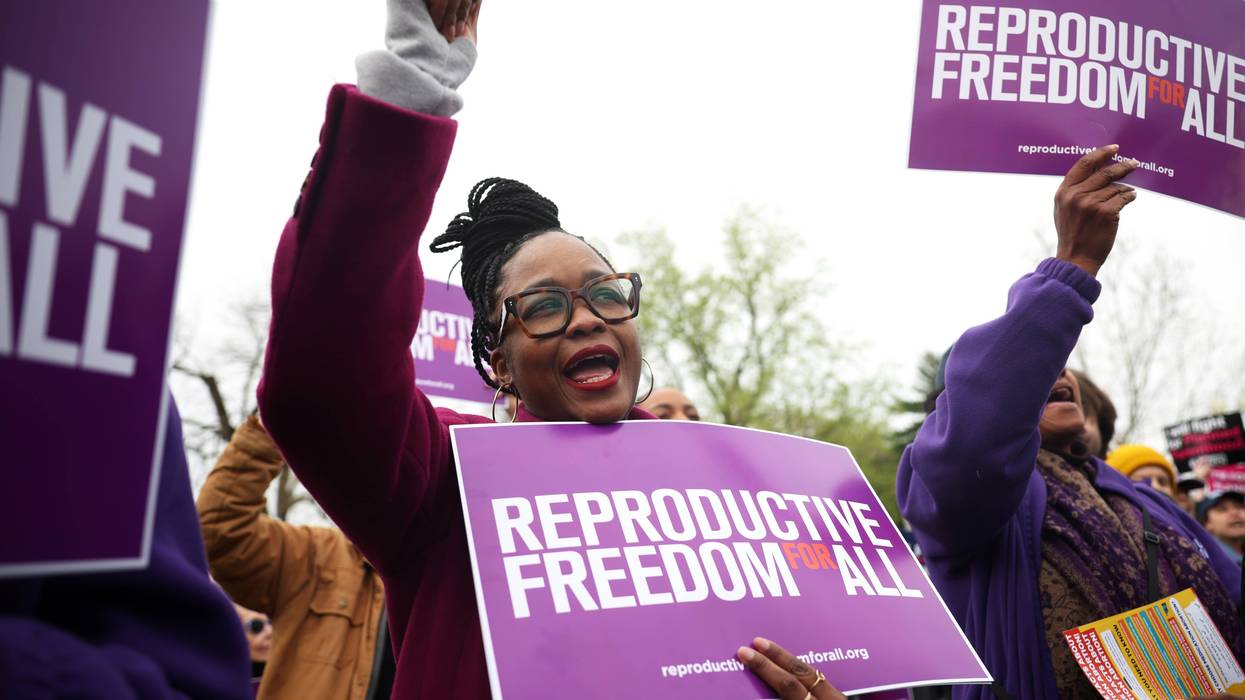The Environmental Protection Agency released final biological evaluations today confirming that three widely used neonicotinoid insecticides likely harm roughly three-fourths of all endangered plants and animals, including all 39 species of amphibians protected under the Endangered Species Act.
The EPA's assessments of clothianidin, imidacloprid and thiamethoxam marked the first time the agency has completed biological evaluations of any neonicotinoids' harms to the nation's most imperiled plants and animals. Species found to be harmed by all three of the neonicotinoids include rusty patched bumblebees, whooping cranes, chinook salmon, northern long-eared bats and orcas.
"These deeply troubling findings leave no doubt that these dangerous pesticides are silencing the songs of frogs, the flutter of butterfly wings and the buzz of bees," said Lori Ann Burd, environmental health director at the Center for Biological Diversity. "Many of the species harmed by neonicotinoids are experiencing precipitous declines, and this EPA's choices may well determine whether or not they go extinct."
Neonicotinoids, which are banned in the European Union, are the most popular insecticides in the United States. Hundreds of studies have shown they play a major role in population-level declines of bees, birds, butterflies and freshwater invertebrates. More recent studies are showing they cause significant harm to mammals as well.
The biological evaluations released today found that 67% of all endangered species -- 1,225 different plants and animal species -- are likely to be adversely affected by clothianidin and that the pesticide will likely adversely modify the designated critical habitats of 446 species.
For imidacloprid, 1,445 species, or 79% of all endangered plants and animals, are likely to be adversely affected. The pesticide will likely adversely modify the designated critical habitats of 658 endangered species.
Thiamethoxam was found to likely adversely affect1,396 species, or 77% of all endangered species. The pesticide will likely adversely modify the designated critical habitats of 644 species.
"We're in the midst of a heartbreaking extinction crisis and neonicotinoids are playing an outsized role in driving it," said Burd. "Now that the EPA has completed its analysis, the only question is whether it will muster the courage to stand up to Big Ag and ban these chemicals or will choose to facilitate extinction."
Pollinator populations are declining nationwide. The American bumblebee, once the most common bumblebee species in the United States, has declined by an estimated 89% in just the past 20 years. The Center has petitioned for Endangered Species Act protection for the American bumblebee.
Neonicotinoids are used on hundreds of millions of acres of agricultural lands across the country. They can be directly sprayed or injected and are commonly used as coatings on seeds such as corn and soy, which are planted on hundreds of millions of acres each year.
The insecticides are "systemic," meaning they are absorbed by plants, making the entire plant deadly toxic, including its nectar, pollen and fruit. Neonicotinoids are also highly persistent and can linger in soil for years, causing long-term harm.
Imidacloprid is also one of the two active ingredients in Seresto flea collars, which have been linked to the deaths of more than 2,500 family pets. A scathing report released Wednesday by the House Committee on Oversight and Reform's Subcommittee on Economic and Consumer Policy, chastises the EPA for ignoring evidence of the collar's harm, and called for the agency to ban the pesticide-impregnated collar. Last year the EPA announced the Seresto collar was under consideration for cancellation following a petition from the Center.
Authors of a major scientific review of the catastrophic decline of insects have said that a "serious reduction in pesticide usage" is key to preventing the extinction of up to 41% of the world's insects in the next few decades.
For decades the EPA has steadfastly refused to comply with its obligations under the Endangered Species Act to assess pesticides' harms to protected species. The agency was finally forced to do these evaluation under the terms of legal agreements with the Center for Food Safety and the Natural Resources Defense Council.





